The Quantum Computing Conundrum: Will it Break Blockchain or Make it Stronger?
The Quantum Computing Conundrum: Will it Break Blockchain or Make it Stronger?
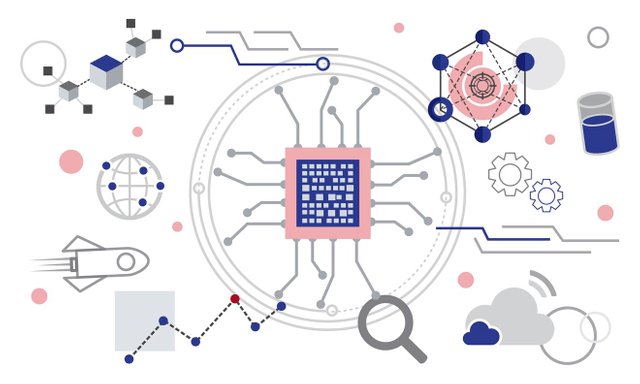
Quantum computing has created an exciting dilemma in the technological landscape. Will it break this apparently impenetrable blockchain or will strengthen it? Many tech enthusiasts and experts have debated this question. Contrastingly, I argue that quantum computing would not be a danger but its development could probably strengthen blockchain technology.
Quantum computers use quantum principles to process information. Unlike classic computers which make use of bits (0s and 1s), quantum computers instead deploy qubits, or quantum bits that can be in several states simultaneously resulting from a phenomenon by the name superposition. A qubit stands for a quantum bit that is similar to the ‘bits’ i.e., fundamental information units of modern computing. Unlike a classical bit whose value is 0 or 1, a qubit can be any of these three values: it may be equal to 0, 1 or a quantum superposition of both. This enables quantum computers to perform a multitude of computations at the same time, which means that they are exponentially more powerful and faster than their classical equivalents.
[Any one qubit state can be represented by a two-dimensional column vector of unit norm, implying that the square magnitude of all its entries should add up to 1. This vector, known as the quantum state vector is a container of all and every information required to describe one-qubit quantum system. Any two-dimensional column vector representing a real or complex number with norm 1 denotes some fit quantum state retained by the qubit.]
Superposition, in principle, means that quantum objects are present in more than one state or position at the same time. This implies that a subject can be in two conditions simultaneously though it is still an item. Using entangled qubits and superposition probabilities, operations are carried out with quantum computers.
[If a qubit which has been given by quantum state vector [ α β] is measured, the outcome zero will come out with probability |a| 2 and one coming up in case of measurement would be examined for probability as |b| 2. On outcome 0, the syndrome qubit has a new state = [1 0]; on outcome 1 its state is = [0 1]. What is more, note that these probabilities sum up to one due the normalization condition | α|2 + |β| 2 =1.]
This enormous computational capability might appear to be a danger posed on blockchain which is protected using cryptographic algorithms. In theory these algorithms can be broken by such a powerful quantum computer as to threaten the integrity of the entire blockchain. On the contrary, this approach oversimplifies an issue and does not take into account potential symbiosis of these two breakthrough technologies.
In the first place, quantum computing is not a looming threat to blockchain. It will take years, if not decades before realistic large-scale quantum computers become available. This provides us with enough time to make our preparations. Cryptographers have already started implementing quantum-resistant algorithms that can be incorporated into the blockchain systems. These algorithms are quantum-resistant, meaning they cannot be hacked or attacked using a powerful machine.
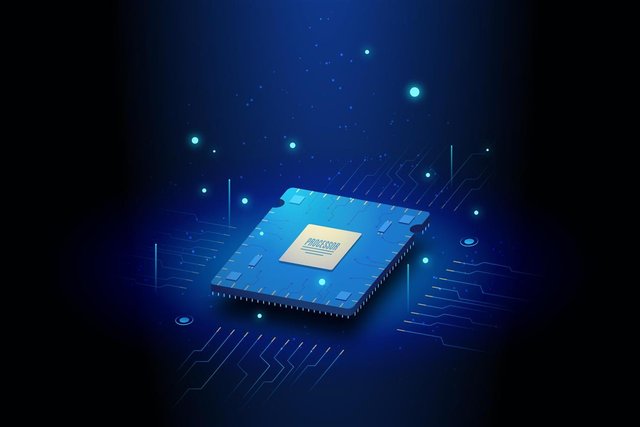
Quantum-resistant algorithms, or post—quantum/ quantum-safe algorithms are considered to be secure against assaults by astronomical computers. Here are some of the quantum-resistant algorithms:
- Structured Lattices: Such mathematical problems are resistant to the attack of a quantum computer.
- Hash Functions: These, too, are quantum computing attack-proof.
- Lattice-based Cryptography: This includes cryptographic systems like learning with errors, ring learning with errors (ring-LWE), key exchange, and signature, as well as older NTRU or GGH encryption techniques and newer NTRU and BLISS signatures.

Preparing for the advent of quantum computing involves several steps: These facts involving the digital era were glorious.
- Understanding Quantum Computing: Mastering the physics of quantum computing is an indispensable obligation to quantum adoption.
- Developing Quantum-Resistant Algorithms: Quantum computations are being developed by the cryptography community which can be integrated with the block chain technology.
- Using Quantum Learning Machines (QLMs): QLMs allow organizations to enjoy the fruits of operational gate-based and quantum annealing simulators that enable them to develop and test their algorithms and solutions.
- Participating in Quantum Computing Programs: Companies can prepare by joining into European programs such as e.g. the AQTION (Advanced Quantum computing with Trapped IONs) project, the PASQuanS (Programmable Atomic Large-Scale Quantum Simulation) project and most recently the NEASQC (NExt ApplicationsS of Quantum Computing) project or entering into partnerships
- Staying Updated with Quantum Computing Developments: Companies are turning away from qubit records to contribute to the real hardware and the long-term objectives. It is necessary to keep abreast of these novelties to get ready for the quantum era.
Note that we are still likely years, if not decades, away from practical, large scale quantum computers. That gives us enough time to ready our defences. What’s more, quantum computing may optimize the performance of blockchain. Blockchain's consensus protocols like PoW (Proof of Work) are energy consuming. Quantum computers with their superior computational capabilities will automate these processes hence increasing the scalability and also environmental friendliness.

Some additional points and insights that we should know:
- Quantum Computing's Impact on Smart Contracts: Quantum computing might be able to decipher the cryptographic hashes in smart contracts which are smart contracts that have the terms of the contacts written into code. Consequently, deficiency of weakness will be revealed in the contract's code, which the unfriendly actors can use. Nevertheless, quantum-resistant algorithms can avert such a development.
- The Role of Quantum Randomness: Quantum computers generate true random numbers because of the intrinsic uncertainty associated with the state of quantum bits (qubits). This could be used to strengthen the security of blockchain technology by making the system behaviour prediction even more challenging for the attackers.
- Quantum Networking and Blockchain: Quantum networking, the utilisation of quantum properties for communication, is expected to be a crucial part of the future blockchain. It may allow creation of a new type of blockchain — a quantum blockchain which would be immune to the computational capacity of quantum computers.
- The Economic Implications: The combination of quantum computing and blockchain would have huge economic ramifications. It may result in the creation of new industries, generating employment and generating economic growth. But it could also destabilize existing industries and cause job loss.
- Regulatory Challenges: The marriage of quantum computing and blockchain could probably create new regulatory issues. The policymakers will be needed to strike the balance between the security and PR considerations with features of these new technologies.
- Ethical Considerations: Also, ethical issues have to be carefully considered. For example, who shall be privy to quantum computers? Used how? What happens if they are abused?
In addition, the quantum mechanics principles can be used to create a quantum blockchain which will eventually result into an almost unbreakable distributed ledger. Quantum key distribution (QKD), a secure communication technique which exploits a pair of entangled photons, is a potential approach to building quantum secure blockchain. Any attempt to intercept or modify the data will also affect the state of the photons and trigger the system.
In sum, quantum computing may be a threat to blockchain technology but it also brings the options for improvement. Through embracing this technology and adapting accordingly, we can ensure that blockchain not only withstands the quantum revolution but comes out stronger and more reliable. Hence blockchain will be saved not due to death knock of the quantum computers, but because of innovation and mutual adaptation.
References:
(1) Post-quantum cryptography - Wikipedia. https://en.wikipedia.org/wiki/Post-quantum_cryptography.
(2) NIST Announces First Four Quantum-Resistant Cryptographic Algorithms. https://www.nist.gov/news-events/news/2022/07/nist-announces-first-four-quantum-resistant-cryptographic-algorithms.
(3) Why do we need to prepare for quantum computing? - Atos. https://atos.net/en/blog/why-do-we-need-to-prepare-for-quantum-computing.
(4) What's next for quantum computing | MIT Technology Review. https://www.technologyreview.com/2023/01/06/1066317/whats-next-for-quantum-computing/.
(5) Everything you Need to Know about Quantum Resistant Algorithms. https://www.analyticsinsight.net/everything-you-need-to-know-about-quantum-resistant-algorithms/.
(6) Quantum Computing and Post-Quantum Cryptography - U.S. Department of .... https://media.defense.gov/2021/Aug/04/2002821837/-1/-1/1/Quantum_FAQs_20210804.PDF.
(7) Prepare for the threat of quantumcomputers | Publication | AIVD. https://english.aivd.nl/publications/publications/2022/01/18/prepare-for-the-threat-of-quantumcomputers.
(8) How to get started in quantum computing - Nature. https://www.nature.com/articles/d41586-021-00533-x.
(9) The qubit in quantum computing - Azure Quantum | Microsoft Learn. https://learn.microsoft.com/en-us/azure/quantum/concepts-the-qubit.
(10) Intro to quantum computing: Qubits, superposition, & more - Educative. https://www.educative.io/blog/intro-to-quantum-computing.
(11) Explainer: What is a quantum computer? | MIT Technology Review. https://www.technologyreview.com/2019/01/29/66141/what-is-quantum-computing/.
(12) Vibrating atoms make robust qubits, physicists find | MIT News .... https://news.mit.edu/2022/vibrating-atoms-qubits-0126.
(13) en.wikipedia.org. https://en.wikipedia.org/wiki/Qubit.
I'm hoping you all enjoy this.
Thank you, my friends.
With best wishes,
Letssittt.
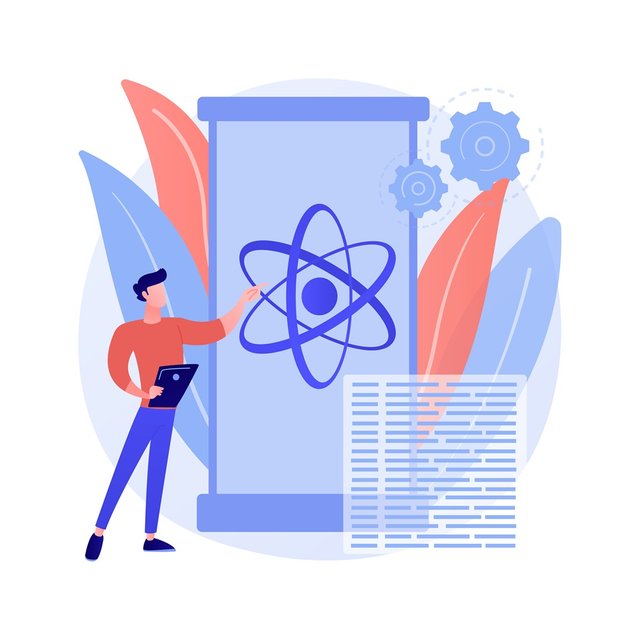
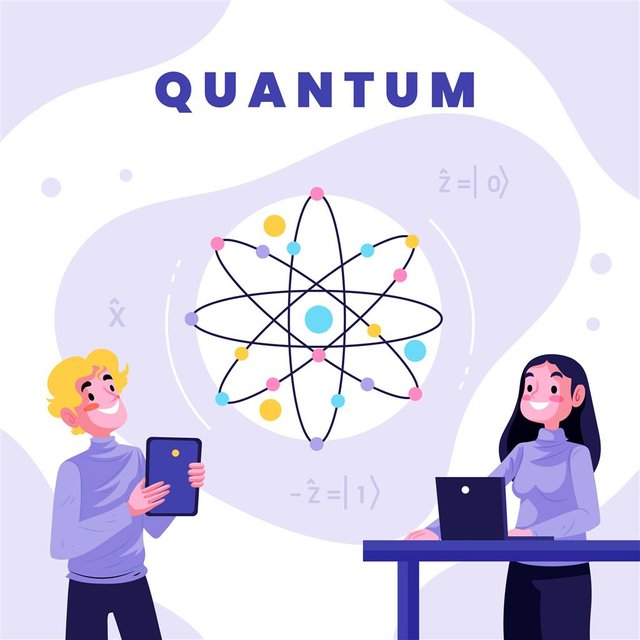
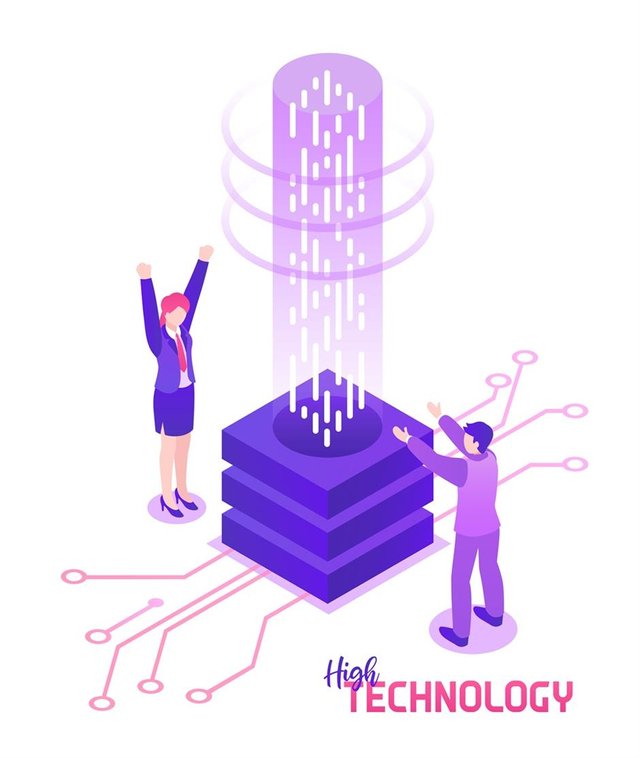
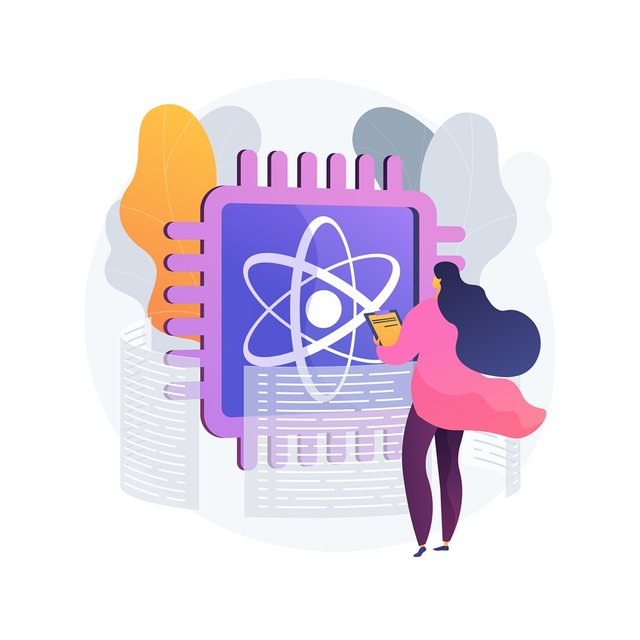
Thank you, friend!


I'm @steem.history, who is steem witness.
Thank you for witnessvoting for me.
please click it!
(Go to https://steemit.com/~witnesses and type fbslo at the bottom of the page)
The weight is reduced because of the lack of Voting Power. If you vote for me as a witness, you can get my little vote.
Upvoted! Thank you for supporting witness @jswit.